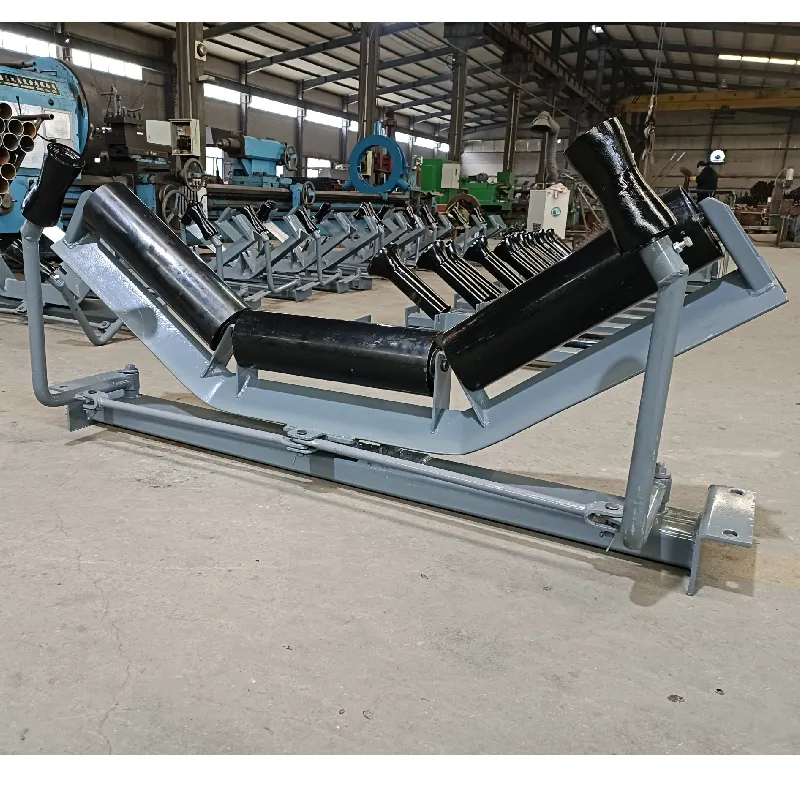 Afrikaans
Afrikaans  Albanian
Albanian  Amharic
Amharic  Arabic
Arabic  Armenian
Armenian  Azerbaijani
Azerbaijani  Basque
Basque  Belarusian
Belarusian  Bengali
Bengali  Bosnian
Bosnian  Bulgarian
Bulgarian  Catalan
Catalan  Cebuano
Cebuano  Corsican
Corsican  Croatian
Croatian  Czech
Czech  Danish
Danish  Dutch
Dutch  English
English  Esperanto
Esperanto  Estonian
Estonian  Finnish
Finnish  French
French  Frisian
Frisian  Galician
Galician  Georgian
Georgian  German
German  Greek
Greek  Gujarati
Gujarati  Haitian Creole
Haitian Creole  hausa
hausa  hawaiian
hawaiian  Hebrew
Hebrew  Hindi
Hindi  Miao
Miao  Hungarian
Hungarian  Icelandic
Icelandic  igbo
igbo  Indonesian
Indonesian  irish
irish  Italian
Italian  Japanese
Japanese  Javanese
Javanese  Kannada
Kannada  kazakh
kazakh  Khmer
Khmer  Rwandese
Rwandese  Korean
Korean  Kurdish
Kurdish  Kyrgyz
Kyrgyz  Lao
Lao  Latin
Latin  Latvian
Latvian  Lithuanian
Lithuanian  Luxembourgish
Luxembourgish  Macedonian
Macedonian  Malgashi
Malgashi  Malay
Malay  Malayalam
Malayalam  Maltese
Maltese  Maori
Maori  Marathi
Marathi  Mongolian
Mongolian  Myanmar
Myanmar  Nepali
Nepali  Norwegian
Norwegian  Norwegian
Norwegian  Occitan
Occitan  Pashto
Pashto  Persian
Persian  Polish
Polish  Portuguese
Portuguese  Punjabi
Punjabi  Romanian
Romanian  Russian
Russian  Samoan
Samoan  Scottish Gaelic
Scottish Gaelic  Serbian
Serbian  Sesotho
Sesotho  Shona
Shona  Sindhi
Sindhi  Sinhala
Sinhala  Slovak
Slovak  Slovenian
Slovenian  Somali
Somali  Spanish
Spanish  Sundanese
Sundanese  Swahili
Swahili  Swedish
Swedish  Tagalog
Tagalog  Tajik
Tajik  Tamil
Tamil  Tatar
Tatar  Telugu
Telugu  Thai
Thai  Turkish
Turkish  Turkmen
Turkmen  Ukrainian
Ukrainian  Urdu
Urdu  Uighur
Uighur  Uzbek
Uzbek  Vietnamese
Vietnamese  Welsh
Welsh  Bantu
Bantu  Yiddish
Yiddish  Yoruba
Yoruba  Zulu
Zulu Innovative Plastic Components for Enhanced Conveyor Systems and Performance
The Role of Plastic Conveyor Parts in Modern Industries
In today's fast-paced manufacturing and logistics environments, efficiency and reliability are paramount. One of the key components driving operational success in these sectors is the conveyor system. At the heart of these systems are the conveyor parts, and increasingly, plastic components are becoming the preferred choice due to their numerous advantages.
Advantages of Plastic Conveyor Parts
Plastic conveyor parts offer a range of benefits that make them superior to traditional materials like metal. First and foremost, plastic is lightweight, which reduces energy consumption and minimizes the structural load on the conveyor system. This can lead to significant cost savings in energy expenses, especially in large facilities where multiple conveyor systems are in operation.
Additionally, plastic components are resistant to corrosion and chemicals. In environments where there is exposure to moisture, acids, or other hazardous substances, plastic is less likely to deteriorate compared to metal parts. This durability translates to longer service life and fewer replacements, further enhancing operational efficiency.
Another notable advantage is the ease of manufacturing and customization of plastic conveyor parts. Advanced molding techniques allow for the production of precisely engineered components that can be tailored to fit specific needs. This adaptability makes plastic a versatile choice for various industries, including food processing, packaging, and pharmaceuticals, where regulatory standards demand high levels of hygiene and cleanliness.
Applications in Various Industries
Plastic conveyor parts find applications in a wide range of industries. In food processing, for example, plastic conveyor belts comply with strict food safety regulations, as they can be easily cleaned and sanitized. Their smooth surfaces help prevent contamination and make them ideal for transporting food items without damaging them.
In the pharmaceutical industry, where precision and cleanliness are crucial, plastic conveyor components ensure that products move seamlessly through production lines without risk of contamination or degradation. The ability to produce custom shapes and sizes means that manufacturers can optimize their conveyor systems for maximum efficiency.
plastic conveyor parts

Similarly, in the packaging industry, plastic conveyor parts facilitate a variety of functions, from assembling products to preparing them for shipment. Their lightweight nature contributes to faster speeds in automated systems, resulting in increased productivity.
Environmental Considerations
As industries strive to become more environmentally friendly, the choice of materials used in manufacturing processes has come under scrutiny. Many plastic conveyor parts are now made from recyclable materials, further reducing their environmental footprint. Manufacturers are increasingly investing in sustainable practices, incorporating eco-friendly plastics that can be recycled at the end of their life cycle.
Moreover, lighter materials lead to lower energy consumption during production and transport, aligning with global efforts to reduce carbon emissions. By adopting plastic conveyor parts, businesses can not only enhance their operational efficiencies but also contribute positively to environmental sustainability.
Future Trends
Looking ahead, the future of plastic conveyor parts appears promising. With advancements in material science, the development of new types of high-performance plastics is expected to continue, leading to even greater capabilities and applications. These innovations may include smart plastics embedded with sensors that can provide real-time data on the performance and condition of conveyor systems, assisting in predictive maintenance and minimizing downtime.
Furthermore, as automation and Industry 4.0 trends gain traction, the integration of smart conveyor systems with AI and IoT will unlock new efficiencies. Plastic parts will likely play a vital role in this evolution, providing the necessary flexibility and durability required for modern, automated production environments.
Conclusion
Plastic conveyor parts are revolutionizing the way industries approach manufacturing and logistics. With their lightweight nature, resistance to corrosive environments, and customization options, they are poised to become the go-to choice for an array of applications. As sustainability becomes increasingly important, industries that prioritize the use of recyclable materials and eco-friendly practices will find themselves leading the charge into a more efficient and responsible future. The role of plastic conveyor parts in this landscape cannot be underestimated, and their continued evolution is likely to have far-reaching impacts across multiple sectors.
-
Revolutionizing Conveyor Reliability with Advanced Rubber Lagging PulleysNewsJul.22,2025
-
Powering Precision and Durability with Expert Manufacturers of Conveyor ComponentsNewsJul.22,2025
-
Optimizing Conveyor Systems with Advanced Conveyor AccessoriesNewsJul.22,2025
-
Maximize Conveyor Efficiency with Quality Conveyor Idler PulleysNewsJul.22,2025
-
Future-Proof Your Conveyor System with High-Performance Polyurethane RollerNewsJul.22,2025
-
Driving Efficiency Forward with Quality Idlers and RollersNewsJul.22,2025





























